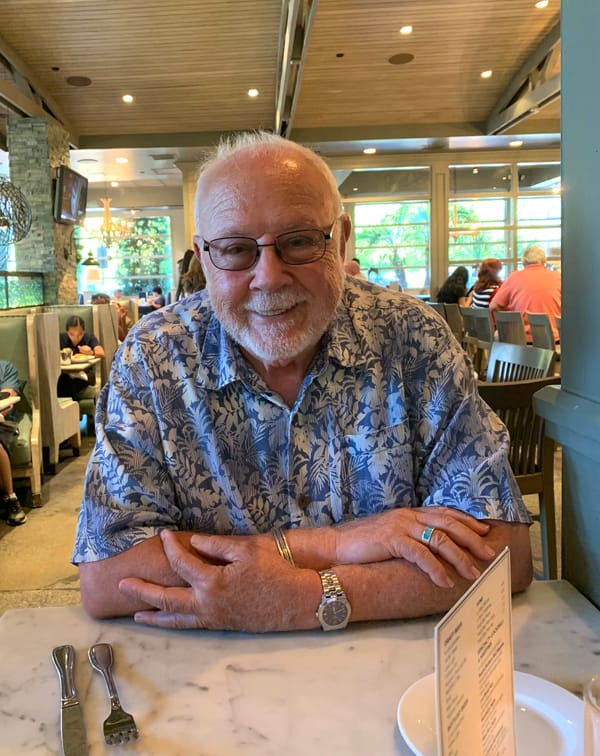Drafts at November 2024 | Passion for Writing--and Reading!
This is the first post of a new blog by Vernon Miles Kerr, writer by avocation even if not fully by vocation. Everything here will be presented on a take-it-or-leave-it basis. If you like it, that makes me happy. If you don’t like it, I’m not surprised. Everyone has personal tastes and preferences. I’m thinking that there will be a small percentage of readers who just love any given piece, an equally small percentage who despise it and a vast majority who are ho-hum about it and might skim through looking for something more interesting–or even skim right out of here looking for a more appropriate way to spend their valuable time.
That is the absolute beauty of the internet. No longer does an aspiring author have to kowtow to the great gatekeepers of the publishing world who, though relatively few in number, once controlled everything reaching the printed page and hence the public eye, worldwide. Would that someone with that weight of responsibility to history and to human culture were wise, imaginative and daring in the execution of their duties, but sadly, that was seldom the case. Often the entrance-criteria to those holies of holy, the publishing houses, were personal taste, purely commercial considerations and personal prejudices. The personal experience of the revered and truly iconic American poet Emily Dickinson is a case in point.
Being the daughter of a judge and U.S. Congressman and a product of a fine preparatory education in Liberal Arts at Amherst Academy and Mount Holyoke Female Seminary, she had the credentials to be taken seriously as a budding poet. Shy and a bit reclusive by nature, she took a long time before attempting a venture into the literary world by submitting some of her work for publication. The “gatekeeper” to whom she submitted it was Thomas Wentworth Higginson, the poetry editor at Atlantic Monthly. He suggested that she revise her unorthodox punctuation and syntax intimating that her work was just not commercially viable, as is. Though she and Higginson maintained a life-long correspondence, there is no evidence that she ever submitted her work for publication again. Fortunately for us, after Emily’s death her sister Lavinia found nearly 2,000 of her poems in a desk drawer and began the work of having Dickinson’s work published posthumously. (Source: The Collected Poems of Emily Dickinson, Barnes & Noble Classics, New York 2003 – Introduction and Notes by Rachel Wetzsteon)
So, here we go, pursuing a passion without any expectation of results…
VMK
